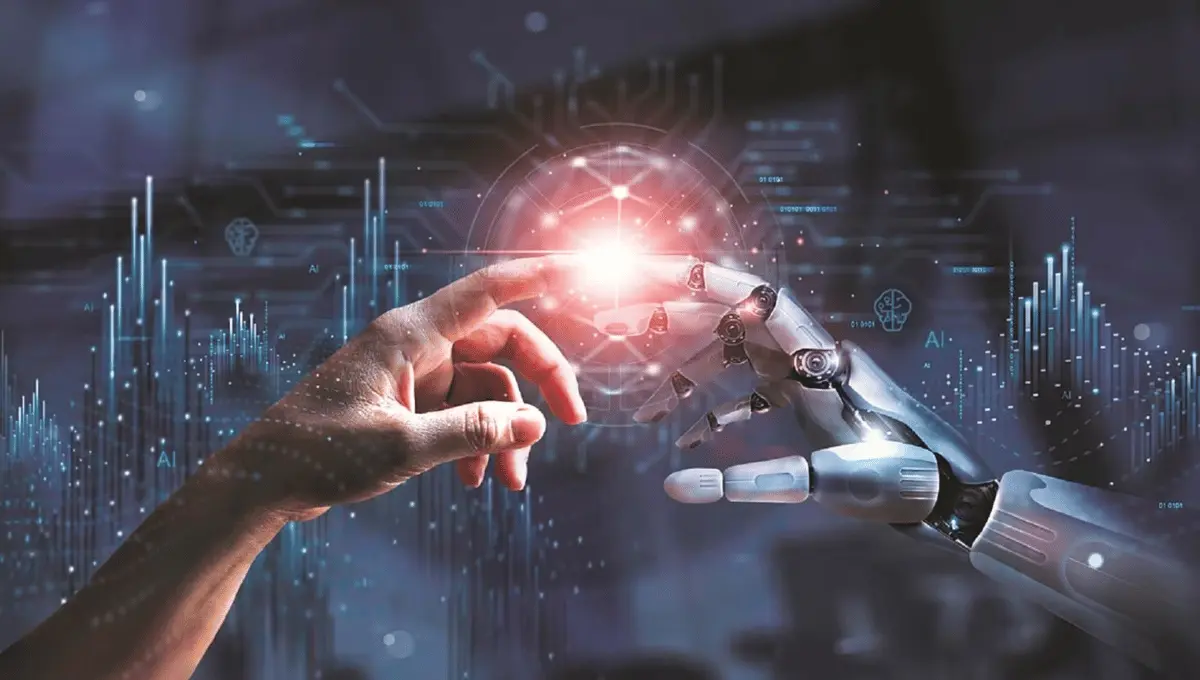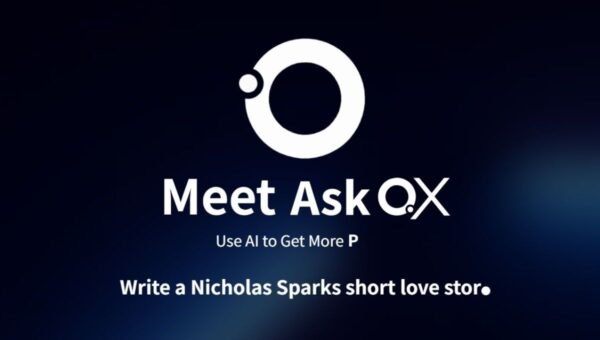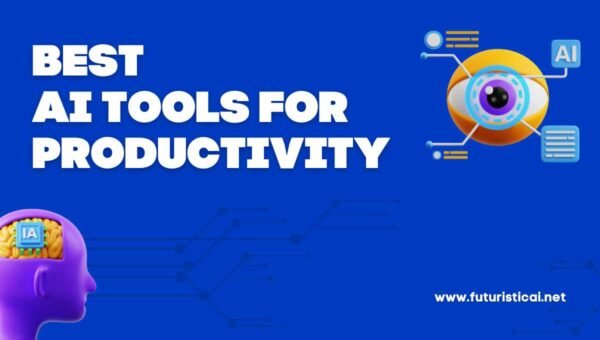Human vs. AI: MIT Study Reveals Unexpected Winner in Job Automation Race
With the rise of artificial intelligence (Ai) has increased the anxiety among the people about whether it will soon replace humans from their jobs or not? Recently, Massachusetts Institute of Technology (MIT) has shown the result of the study for the same and researchers have thrown cold water on those topics for now. Examining over 1000 visually-assisted tasks across 800 occupations, the study tells that replacing humans with AI large algorithm set models is a cost-effective task but with the 3% of expectations. As of now, machines can not handle serious tasks as humans do.
The research was set to analyze the pattern of replacing humans with AI based models in the United States. It mainly emphasizes how AI could take over tasks in jobs like teaching, baking, and property appraisals that often use computer vision.
Recent Study Indicates that AI Can Replace Just 23% of Workers’ Wages?
The MIT study suggests that despite having a 20% annual cost reduction, it may take more time, even decades to replace humans by the AI to be financially efficient in computer vision tasks. However, in a bakery scenario, using an AI version to detect ingredients (just 6 percent of the work) could cost more than having humans do a task. The research, funded by the MIT-IBM Watson AI Lab, surveyed about 1,000 visually assisted tasks in 800 jobs, revealing that, in many instances, AI systems are pricier to install and maintain than human counterparts. Well, these AI systems seem way costly when it comes to simple human tasks.
The 45 page long study titled “Beyond AI Exposure” descriptively provides the viewpoint that merely 23% worker compensation exposed to AI computer version proves cost-effective for automation, mainly due to the substantial upfront cost associated with the implementation of the AI system. The anxiety has been buzzed up when the news of job displacement has intensified with the advent of OpenAI’s ChatGPT in November 2022. Concerns span across various industries, from the arts to banking, with a 2023 Goldman Sachs report estimating that 18% of global work could potentially be impacted by generative AI.
However, a contrasting perspective emerged last week at the Davos summit, where OpenAI’s CEO, Sam Altman, offered a reassessment. Altman contended that artificial general intelligence (AGI), often seen as a form of AI with the ability to perform tasks akin to humans, might not wield as much influence on the world or job landscape as commonly perceived. He suggested that AGI would likely bring about fewer changes than anticipated, challenging prevailing narratives about the extent of its impact.
As the highlight of the replacement of the job of the humans by the AI has already impacted lives of the people. Humans are worrying about their future. Well there is no doubt that it will not happen soon, it will take way longer than one can imagine. According to Sam Altman, people need to understand more about how AI could affect the future of work.



